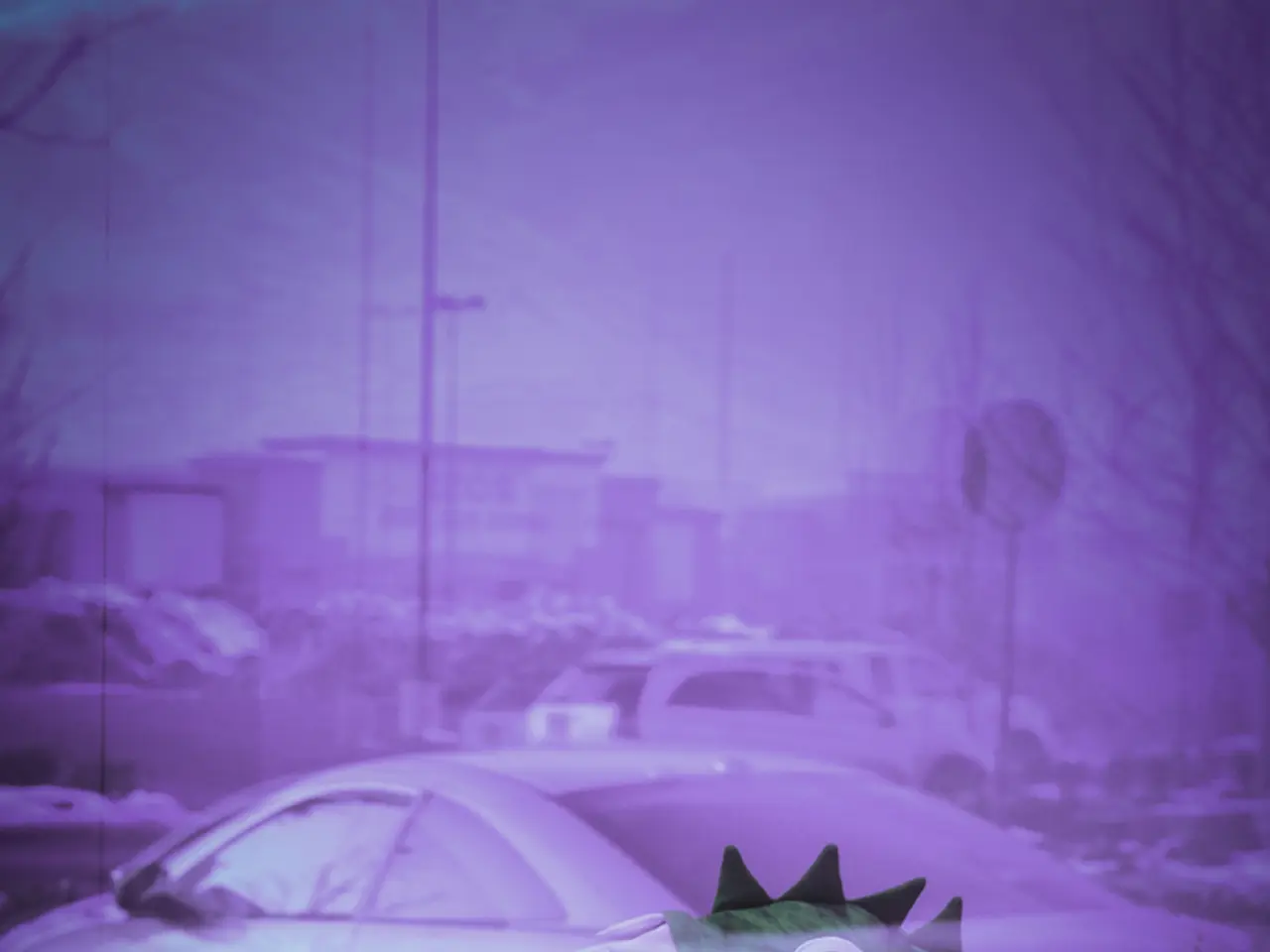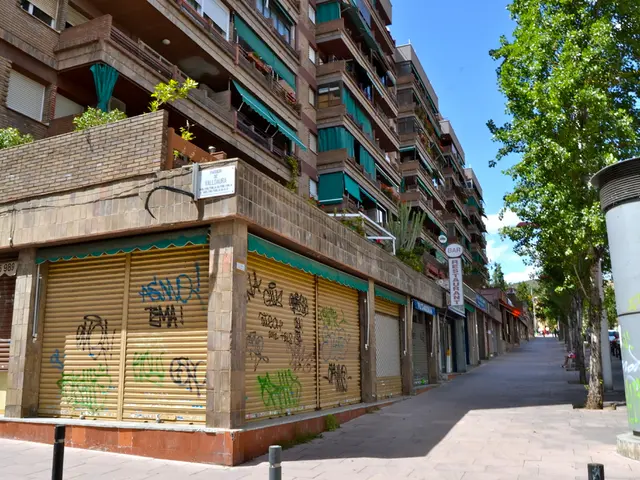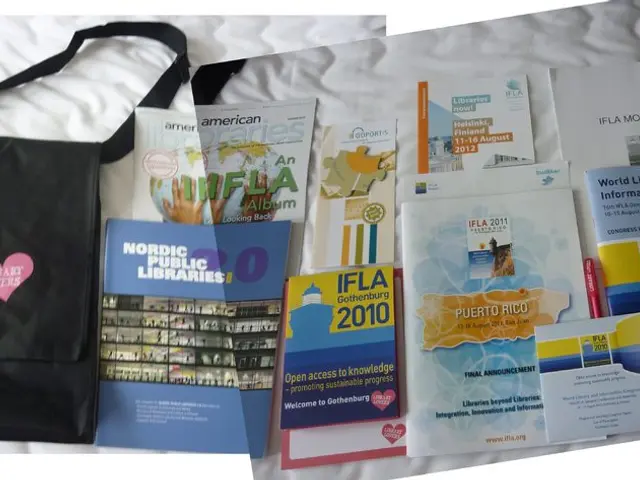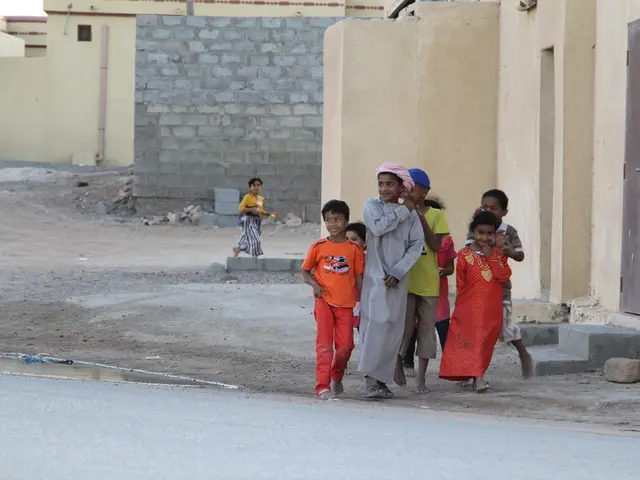Mongolian Deel: From Nomadic Garment to Global Fashion Statement
The Mongolian deel, a traditional garment worn by nomads for centuries, remains a symbol of Mongolian identity and heritage. This long, coat-like dress has evolved from a practical necessity to a fashion statement, blending tradition with modern style.
Originally designed to protect nomads against harsh winds and heavy dust while horseback riding, the deel has adapted to contemporary times. Modern designers have transformed the deel by shortening it, shaping it to the figure, and using lighter materials. This fusion of tradition and fashion is evident on runways and in everyday wear.
Each region in Mongolia boasts unique deel designs and colors, reflecting the country's diverse cultural heritage. The deel serves as an artistic canvas, often adorned with silk, brocade, and symbolic trims. Despite these modernizations, some herders in rural Mongolia continue to wear deels daily for their durability and comfort.
The deel is not just a garment but a cultural icon, worn during major events like the Naadam Festival, weddings, and Tsagaan Sar celebrations. It is a testament to Mongolia's rich history and the enduring spirit of its people.
From its humble beginnings as a practical nomadic garment, the Mongolian deel has evolved into a symbol of national identity and a global fashion statement. As contemporary designers continue to reinterpret and modernize the deel, it stands as a bridge between Mongolia's past and present, tradition and innovation.








